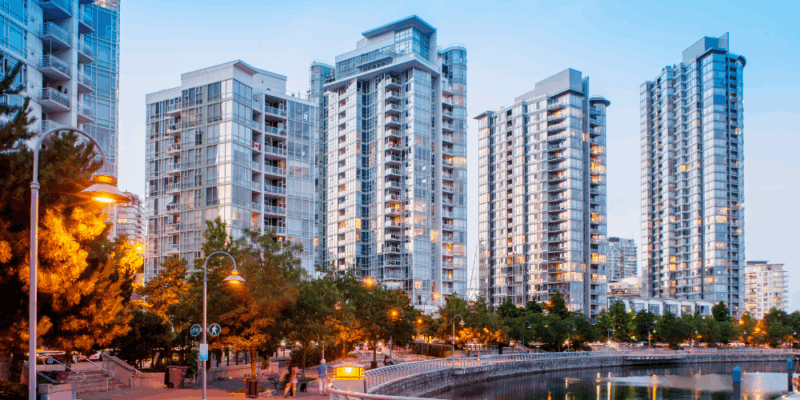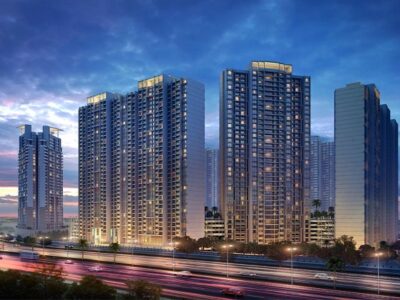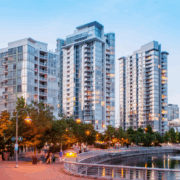Guest policies in condominiums can range from welcoming to severely limiting, directly impacting your lifestyle and social interactions. Before purchasing a unit, examining these rules closely prevents future frustrations when hosting friends and family. Various property management experts at skyeatholland recommend reviewing guest policies thoroughly as they often reveal the condominium’s overall community atmosphere and management style.
Stay limits
Many condominiums implement specific timeframes for how long guests may remain. Short visits of a few hours generally face minimal restrictions, while overnight stays trigger additional rules and oversight from management. These distinctions help maintain security and prevent unauthorised occupancy. Weekend visitors typically encounter different guidelines than weekday guests. Some communities relax certain restrictions during weekends while tightening others, such as parking regulations or amenity access. These variations reflect different usage patterns and resident preferences during these periods. Extended houseguests face the strictest limitations in most condos. Policies frequently cap consecutive stays at 7-14 days, after which formal registration or board approval becomes necessary. These measures prevent unofficial subletting and ensure all long-term occupants undergo proper screening procedures.
- Maximum consecutive days typically range from 7-30 days
- Annual guest stay limits may apply (often 30-90 days total)
- Registration requirements increase with more extended stays
- Some condos require identification for guests staying beyond 48 hours
- Fees may apply for extended visitor registration
Common areas
Recreational facilities operate under specific visitor guidelines that vary significantly between properties. Swimming pools often limit guest numbers to prevent overcrowding, while fitness centres might restrict visitor access during peak hours or charge usage fees. Social spaces present unique challenges in guest policy enforcement. Party rooms, rooftop decks, and barbecue areas typically require reservations when hosting visitors, with potential deposits or cleaning fees. Understanding these requirements helps plan gatherings without conflicts.
Entry procedures
Visitor announcement systems range from simple to elaborate across different condominiums. Some rely on residents personally escorting guests, while others implement digital registration systems allowing remote visitor check-in. These procedures directly impact how easily friends and family can arrive, especially when you’re not immediately available.
- Front desk registration requirements vary widely
- Guest identification policies differ between properties
- Some condos issue temporary access credentials
- Unannounced visitors face different protocols
- Service providers follow separate registration procedures
Security measures intensify during evening hours at many condominiums. Nighttime visitors may face additional scrutiny, registration requirements, or restrictions on facility access. These measures aim to enhance resident safety while maintaining reasonable accommodation for legitimate guests.
Gathering rules
Group size restrictions apply in virtually all condominium communities, though specific limits vary considerably. Indoor gatherings typically face fewer restrictions than outdoor events, which may impact neighbouring units more directly. Understanding these limitations helps avoid uncomfortable confrontations with management or neighbours. Notification requirements exist for larger gatherings in many communities. Some condominiums require advance notice to management for events exceeding certain attendance thresholds, allowing for proper preparation of facilities and notification of potentially affected neighbours.
Medical caregivers generally receive special consideration under most condominium guest policies. Professional healthcare providers typically face fewer restrictions regarding stay duration or access hours, though formal registration may still be required. These exceptions acknowledge the essential nature of these visitors while maintaining community security.



















Comments